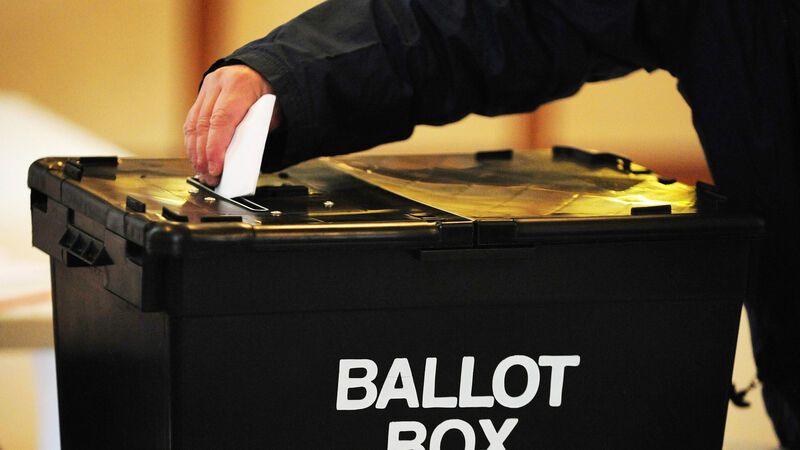Plans to fight election misinformation included in new laws

The Electoral Reform Bill provides for the establishment of a new statutory, independent Electoral Commission to take on a range of electoral functions including a review of constituencies after each census.
Easier voter registration, plans to fight election-time misinformation, and regulation of online political advertising are planned under new legislation announced by the Government.
The Electoral Reform Bill has been touted by the Government as a "major modernisation of the electoral system" and provides for the establishment of a new statutory, independent Electoral Commission to take on a range of electoral functions including a review of constituencies after each census.











